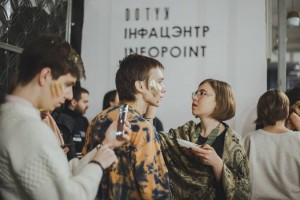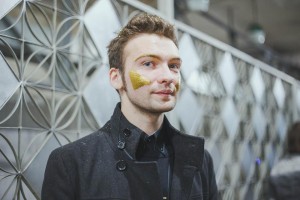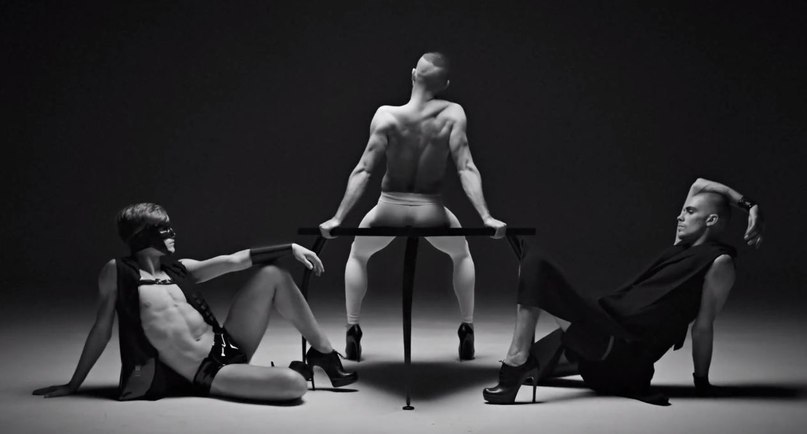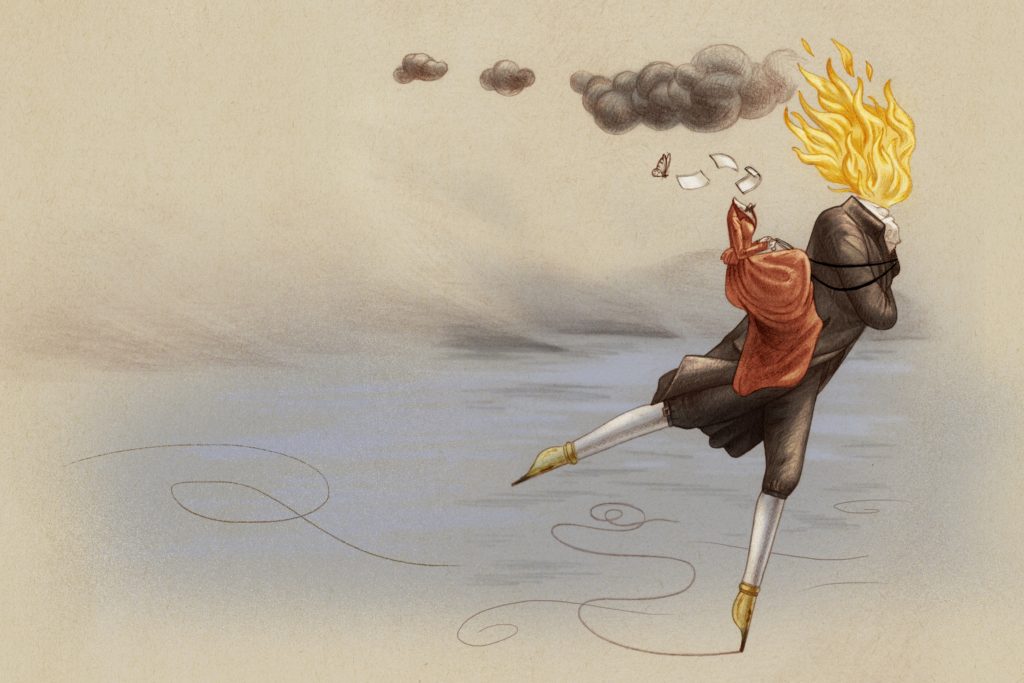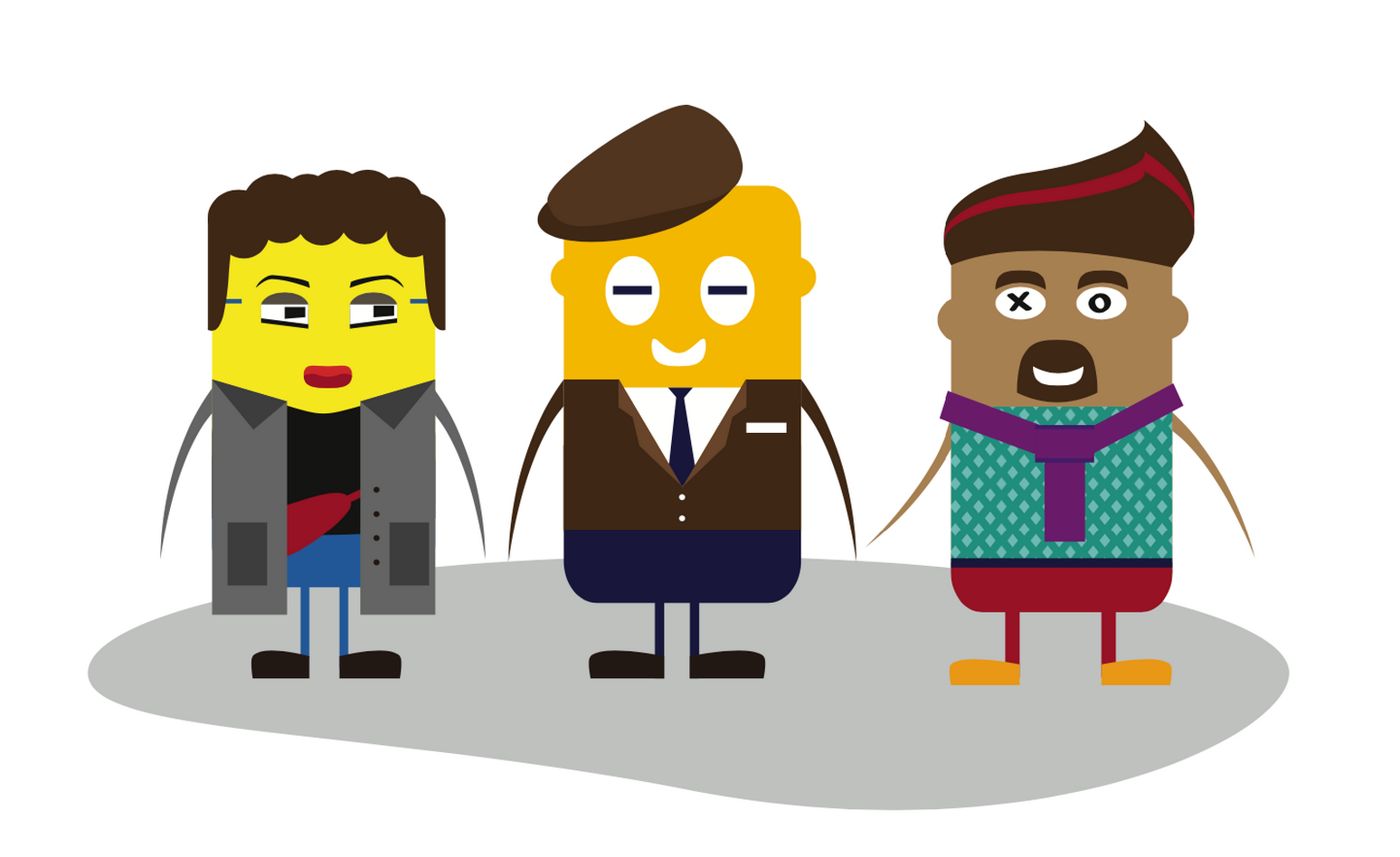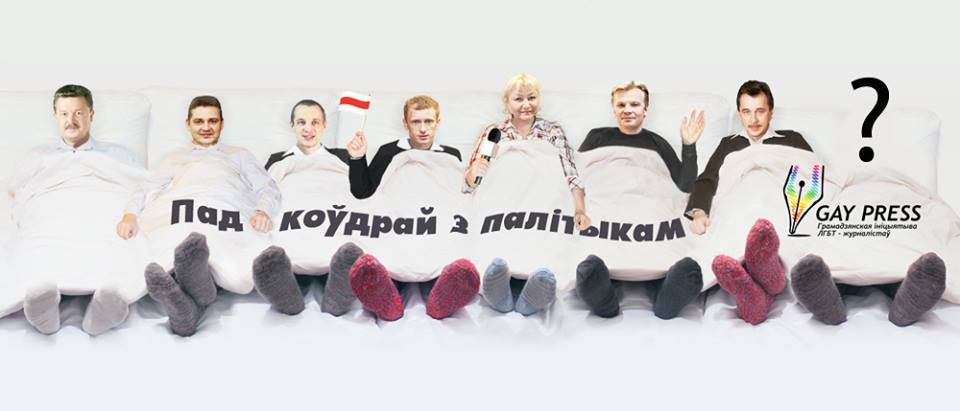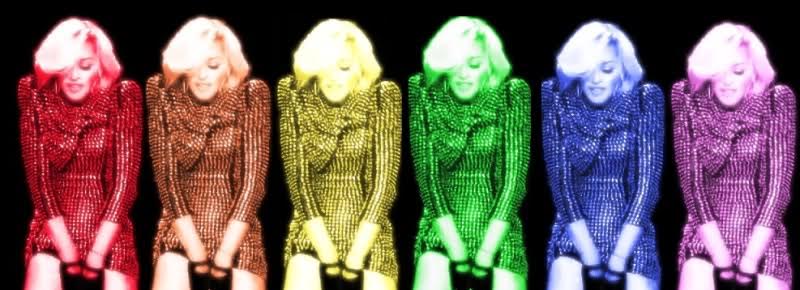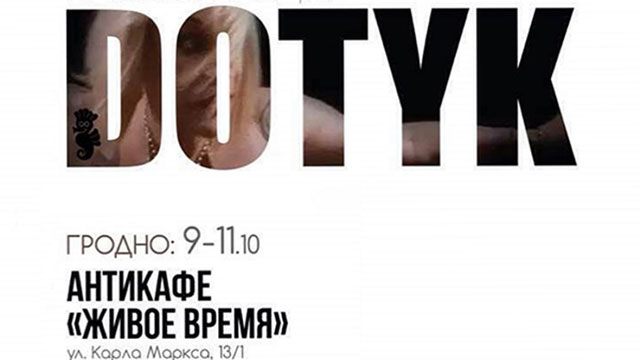
LGBT+ youth in Belarus: No country is perfect
Although LGBT+ people in Lithuania are in no enviable situation, the community is supported by law, visibility initiatives continue to increase, and more and more people, especially youth, are choosing to come out and openly discuss their experiences. But how are our neighbors in Belarus? Though we may hear about Alexander Lukashenko, the Astravets Power Plant and brutally suppressed protests, the Belarusian LGBT+ community’s daily lives rarely make it to the pages of Lithuanian or even Belarusian media.
Few come out
Publicly speaking about belonging to the LGBT+ community remains unpopular in Belarus. Bahdan Khmialnitski, one of the organizers of Minsk queer festival DOTYK, says that many LGBT+ people’s decision to come out hinges on whether they are ready to engage in activism. He adds that a person who works in public spheres, such as journalism or fashion, is more likely to speak openly about their identity. “When I talk about being open in public, I mean a limited sphere. Although we don’t live in a ghetto, progressive-minded people are a minority in this country. When I say ‘publicly come out’, I’m not talking about to the authorities or media,” Bahdan says.
DOTYK volunteer Catherine D. adds that she’s never heard of any public figure coming out in Belarus. “I’m always reading about celebrities coming out in Germany, France, Europe as a whole and the United States. You can easily find out that Kristen Stewart is gay (or however she identifies), but here… you just hear occasional rumors and articles outing people without their permission,” the student says. She observes that at LGBT+ bars and parties, it’s easy to talk openly about one’s orientation and gender identity, but not at work or school – it would be unlikely to meet a person who would show this side of their identity in such an environment.
MAKEOUT, another organization dealing with LGBT+ visibility in Belarus, publishes young people’s coming out stories on its website. “This is a very brave step for everyone who has spoken out and gone public with their experience. These stories are important not only to the narrators, but also to those who read them. I myself was inspired by several of them. So this project really contributes to the community – if there are people brave enough to talk about themselves, why can’t I?” says Bahdan.
Catherine notes that it’s still not entirely safe to come out in Belarus. She herself identifies as queer, which she once shared with several friends who weren’t the best at keeping secrets. The next day, acquaintances were pestering her for the truth. “They had a tendency to mock other people, so I wasn’t sure how to react – should I pretend not to understand what they’re talking about, or to admit it, because that’s who I am?” Catherine remembers. As she sees it, people should not have to hide their sexual orientation, just as they don’t conceal their skin or eye color. Being open also helps one meet new people, and perhaps find a partner.
Inspiring culture
Young people acknowledge that despite public anti-LGBT+ statements from authorities, the tone in media is becoming more supportive. “I’ve read several articles online that did not discriminate, but rather spoke in a neutral, friendly manner – for instance, one article about a trans girl. I was really surprised by how this story was presented,” says DOTYK volunteer Anton K, emphasizing that these articles have appeared not on LGBT+-targeted sites, but in mass media.
Bahdan has also noticed positive change. According to him, mass media has truly become more vocal about LGBT+ themes in the last year, from noting International Day Against Homophobia, Transphobia and Biphobia, to publishing interviews with community members, their relatives and allies. “One of the most prominent independent media outlets published an article about the experiences of a trans person’s mother. And comments on the article were fairly benevolent,” said the activist.
However, when asked about well-known LGBT+ figures, festival attendees could not name any. “The following examples aren’t so much people, but queer fashion and culture itself. Thematic parties are organized with special dress codes and symbols. This subculture, with its style choices, allows one to feel like part of a community. That’s how I met so many people,” Bahdan shares. These semi-public events, by the way, are popular enough that it’s easy to meet people with similar views in person and see that you’re not alone. In his opinion, the internet can create the illusion that other LGBT+ people are far away or inaccessible.
Minsk hosts LGBT+ film screenings, exhibitions, public lectures, festivals, parent meetings and other educational events. From the end of February to the beginning of March, during DOTYK festival events, psychologists even offered their free services. The issue of psychological care is quite complicated, as not all professionals are inclined to work with LGBT+ clients, and costs are high. People are often unable to afford such luxury, making interaction with friends and allies, and a sense of belonging in one’s community, especially important.
There is hope
Not one LGBT+ activist has left (or has been forced to leave) Belarus. Anton adds that while many people consider leaving the country, this is a wider social issue. The option often appeals to musicians, IT industry specialists, and in general, those who can afford to travel or emigrate.
Though Belarus is one of the least supportive countries in Europe for the LGBT+ community, Bahdan believes that well-travelled young people will foster openness in society by sharing their experiences in meetings, lectures, events and everyday interactions. DOTYK opens its cultural events to artists and activists not only to share experiences from their own countries, but also to get acquainted with issues in a Belarusian context.
Bahdan believes that leaving the country wouldn’t change anything, because there’s no country where life would be perfect. He remembers a visit to Amsterdam, where in one of the world’s most liberal capital cities, a passerby spat on him and his boyfriend. “The possibility that something bad will happen is everywhere. I truly don’t want to leave for a more liberal country. I want to gain experience through travelling that I can bring home and apply here,” the activist asserts.
Catherine agrees with Bahdan. “The situation isn’t so bad. At least in my country, there’s no law defining me as propaganda. There’s no law that could put me in jail for holding hands with my girlfriend in public. We have parties and festivals in Belarus, there are people who support the LGBT+ community. When I tell my acquaintances who think they’re homophobic ‘I’m queer, what now? We can stop talking, or not’, they don’t stop talking to me. People can change,” she summarizes.
This article is produced and published with the support of the Nordic Council of Ministers, under the project “Sharing Expertise and Fostering LGBT Human Rights in Belarus”.

